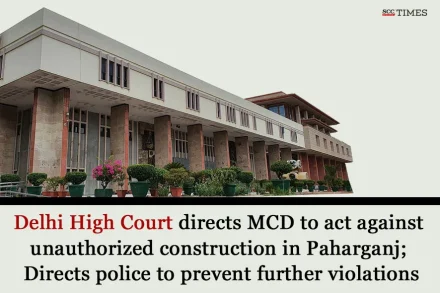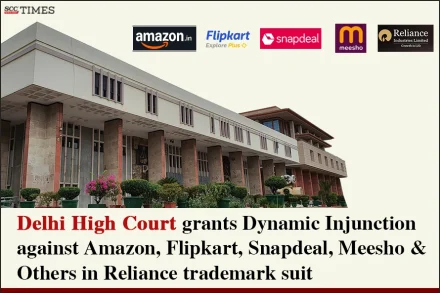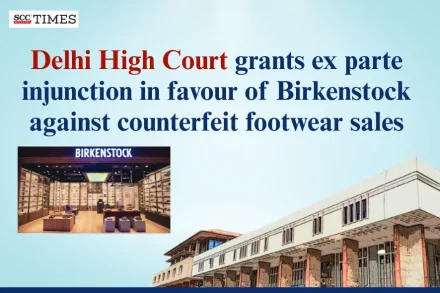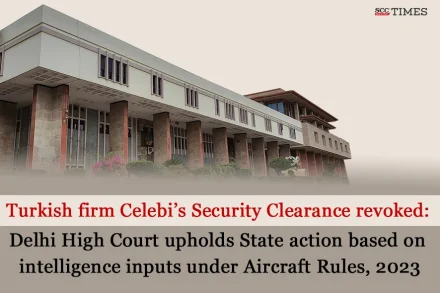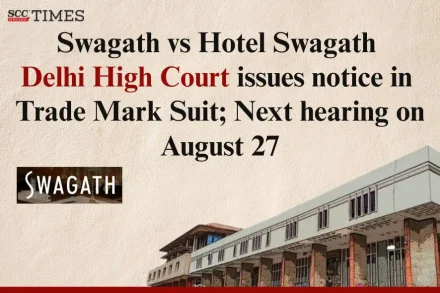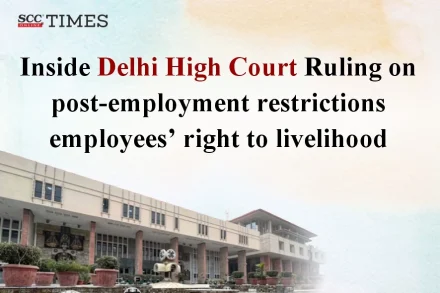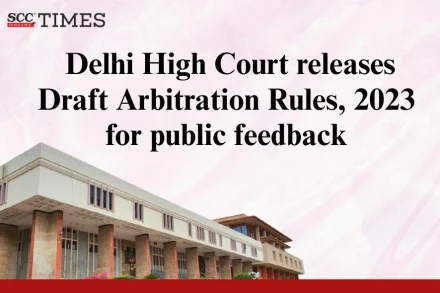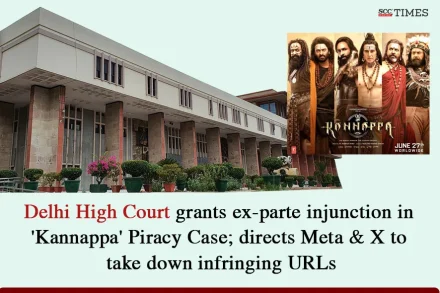
Delhi High Court grants ex-parte injunction in ‘Kannappa’ Piracy Case; directs Meta & X to take down infringing URLs
The film Kannappa is based on religious folkfare about Lord Shiva and his devoted follower, capturing the journey of the follower and his transformation in exploring spirituality.


